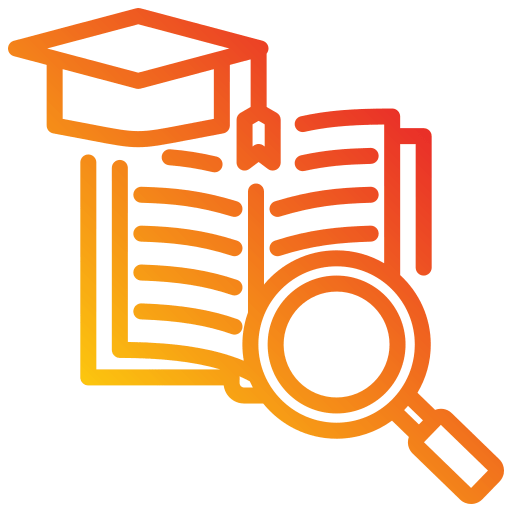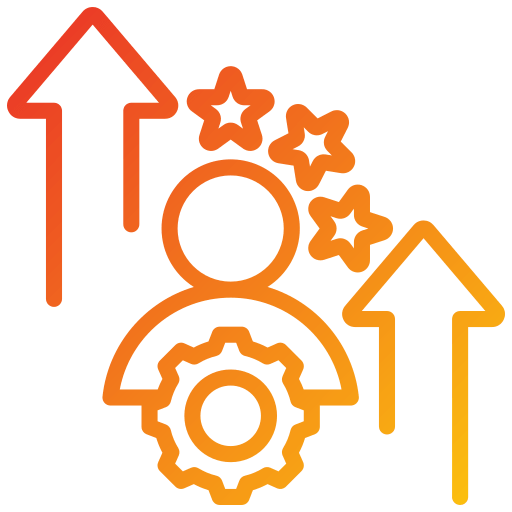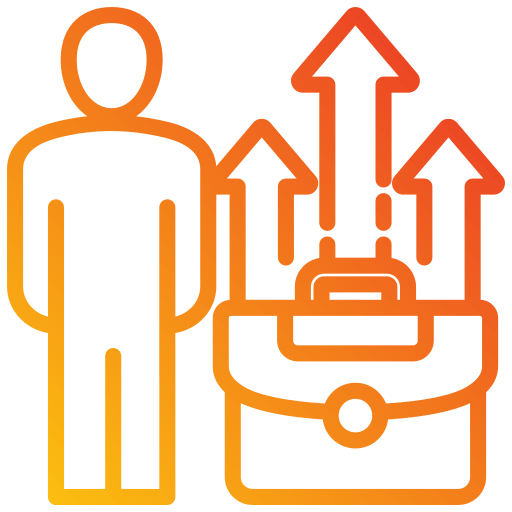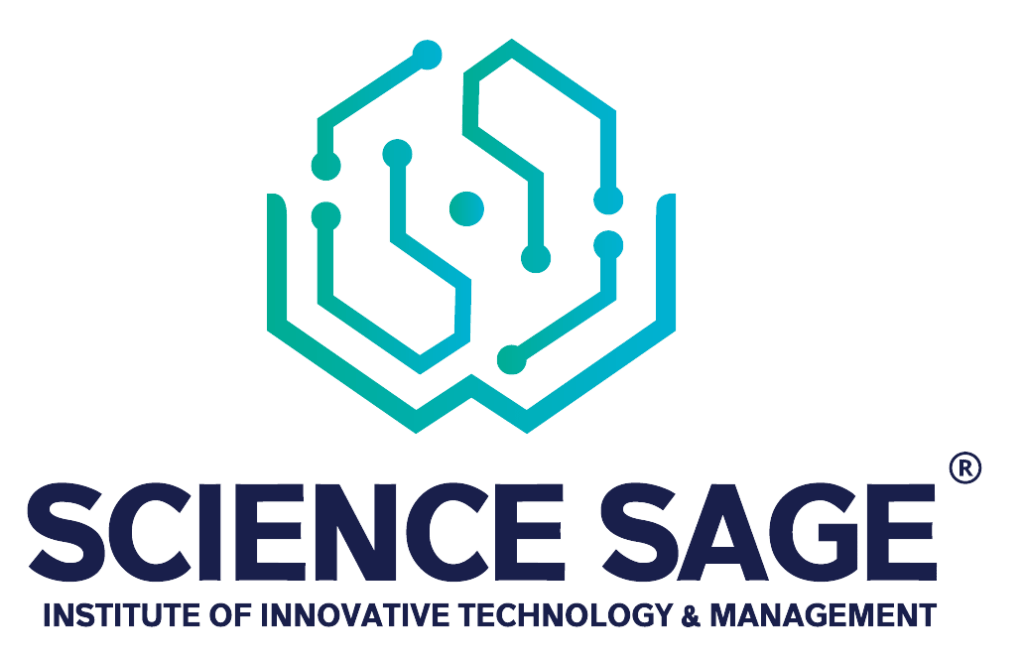- Prerequisites
- Higher Secondary Passed
- Course Duration
- 2 Years
The Diploma in Speech and Hearing Sciences is a specialized program designed to train individuals in the field of communication disorders, speech-language pathology, and audiology. Speech and hearing professionals play a crucial role in assessing, diagnosing, and treating individuals with communication and hearing impairments. Below is a detailed description of the program:

Course Overview
- Duration: The Diploma in Speech and Hearing Sciences program typically spans two to three years, depending on the curriculum and institution offering the program.
- Curriculum: The curriculum covers a comprehensive range of subjects related to speech-language pathology, audiology, communication disorders, human anatomy and physiology, linguistics, psychology, and rehabilitation sciences. Courses may include speech and language development, communication disorders across the lifespan, hearing science, auditory processing disorders, diagnostic assessment procedures, therapeutic interventions, and professional ethics.
- Practical Training: Practical training is an integral component of the program, allowing students to gain hands-on experience in assessing and treating individuals with communication and hearing disorders. Under the supervision of experienced speech-language pathologists, audiologists, or healthcare providers, students learn to conduct diagnostic evaluations, develop treatment plans, and implement therapeutic interventions in clinical settings.
- Clinical Internship: Clinical internships or practicum placements in healthcare facilities specializing in speech-language pathology or audiology are typically included in the program. During internships, students work alongside professionals in speech therapy clinics, audiology departments, hospitals, schools, and rehabilitation centers, gaining practical experience in providing clinical services to individuals with communication and hearing disorders.
- Certification: Upon completion of the program, graduates may be eligible to pursue certification or licensure as speech-language pathology assistants or audiology assistants, depending on the regulatory requirements in their country or region. Certification demonstrates competency and may be required for employment in some settings.

Course Structure
- Core Subjects:
– Introduction to Speech and Hearing Sciences
– Anatomy and Physiology of the Speech and Hearing Mechanisms
– Speech and Language Development Across the Lifespan
– Communication Disorders: Assessment and Intervention
– Auditory Physiology and Pathology
– Diagnostic Evaluation in Audiology
– Therapeutic Interventions in Speech-Language Pathology
– Aural Rehabilitation for Individuals with Hearing Loss
– Augmentative and Alternative Communication (AAC)
– Professional Ethics and Legal Issues in Speech and Hearing Sciences - Specialization Electives (Sample):
– Pediatric Speech and Language Disorders
– Adult Neurogenic Communication Disorders
– Voice Disorders and Voice Therapy
– Fluency Disorders (Stuttering) and Fluency Therapy
– Swallowing Disorders (Dysphagia) and Dysphagia Management
– Audiological Assessment Techniques
– Vestibular and Balance Assessment and Rehabilitation
– Assistive Listening Devices and Hearing Assistive Technology - Practical Clinical Sessions:
– Speech and Language Assessment Techniques
– Audiological Assessment Procedures
– Therapeutic Intervention Strategies
– Counseling and Client/Family Education
– Observation and Participation in Clinical Sessions
– Documentation and Progress Reporting - Clinical Internship:
– Rotations in Speech Therapy Clinics and Audiology Departments
– Hands-on Training in Assessment and Intervention Procedures
– Observation and Participation in Diagnostic Evaluations and Therapy Sessions
– Interaction with Clients/Patients and Families
– Application of Evidence-Based Practices in Clinical Settings

Key Skills Developed
- Assessment and Diagnosis: Ability to conduct comprehensive assessments of communication and hearing disorders, including standardized testing, informal observation, and clinical observation techniques.
- Treatment Planning: Proficiency in developing individualized treatment plans and intervention strategies based on assessment findings, client/patient goals, evidence-based practices, and interdisciplinary collaboration.
- Therapeutic Interventions: Competency in implementing a variety of therapeutic techniques and modalities to address speech, language, voice, fluency, swallowing, and hearing impairments in clients/patients of all ages and backgrounds.
- Communication and Counseling: Effective communication skills and counseling abilities to interact with clients/patients, families, caregivers, and healthcare professionals, and to provide support, education, and counseling related to communication and hearing disorders.
- Professionalism and Ethics: Understanding of professional ethics, legal regulations, and scope of practice in speech-language pathology and audiology, and adherence to ethical standards and guidelines in clinical practice.
- Cultural Competence: Sensitivity to cultural and linguistic diversity, and the ability to provide culturally competent care to individuals from diverse backgrounds, including those with communication and hearing disorders.

Career Opportunities
- Speech-Language Pathology Assistant: Graduates of the diploma program can work as speech-language pathology assistants in hospitals, rehabilitation centers, schools, clinics, and private practices. They assist speech-language pathologists in conducting assessments, developing treatment plans, and implementing therapeutic interventions for individuals with communication disorders.
- Audiology Assistant: Some graduates may work as audiology assistants in audiology clinics, hospitals, hearing aid dispensaries, and research laboratories. They assist audiologists in conducting diagnostic tests, fitting hearing aids, counseling patients with hearing loss, and providing support services to individuals with hearing impairments.
- Specialized Technician: Graduates with additional training or certification may work as specialized technicians in areas such as pediatric speech therapy, adult neurogenic communication disorders, voice therapy, fluency therapy, or dysphagia management. They may work in specialized clinics or rehabilitation centers focusing on specific populations or disorders.
- Educator or Trainer: Experienced speech and hearing professionals may transition into roles as educators or trainers, teaching assistant-level courses, conducting workshops, and providing continuing education to speech-language pathology assistants, audiology assistants, healthcare professionals, and students in academic institutions or vocational training centers.
The Diploma in Speech and Hearing Sciences prepares individuals for rewarding careers in speech-language pathology and audiology, where they can make a significant impact on the lives of individuals with communication and hearing disorders through latest technology background.
